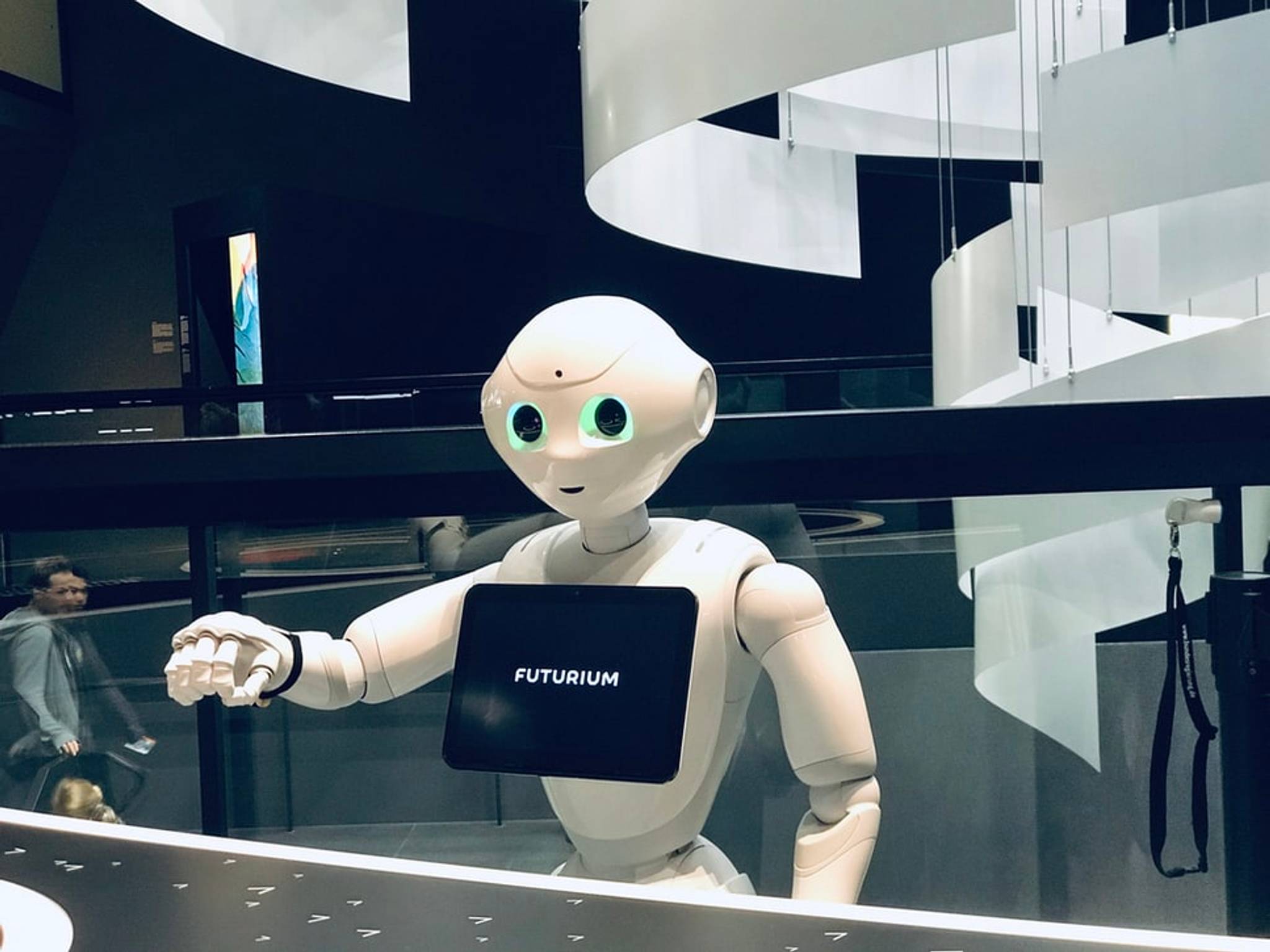
As lives get automated, a future of consumer robotics may not be far away. But research finds that gazing into the eyes of humanoids has an effect on decision-making. For brands in the robotic space, ethical considerations are important when deciding how to use robots.
Researchers at the Istituto Italiano Di Tecnologia in Genoa, Italy, have been testing out the phenomena of eye-gazing with robots. A team of scientists asked 40 volunteers to play a game of ‘chicken’ where players decided whether a car should crash or swerve. All while a humanoid robot sat opposite them. "Results show that the human brain processes the robot’s gaze as a social signal, and that signal has an impact on the way we're making decisions, on the strategies we deploy in the game and also on our responses," says Dr. Agnieszka Wykowska, lead author of the research. The mutual gaze of the robot slowed down the volunteers’ decision-making, for example.
From chatbots to driverless cars, robotics is a vast space. It’s also an industry that is increasingly emulating human activity, and set to boom – 88% of businesses worldwide plan to increase their investment in robotic automation, and the sector is expected to see up to 20% growth each year from 2021 to 2028. While people’s trust in robots may be improving, Dr. Wykowska’s research highlights the need for ethical considerations to be taken into account when thinking about wide-scale roll-outs. "Once we understand when robots elicit social attunement, then we can decide which sort of context this is desirable and beneficial for humans in and in which context this should not occur," she says.